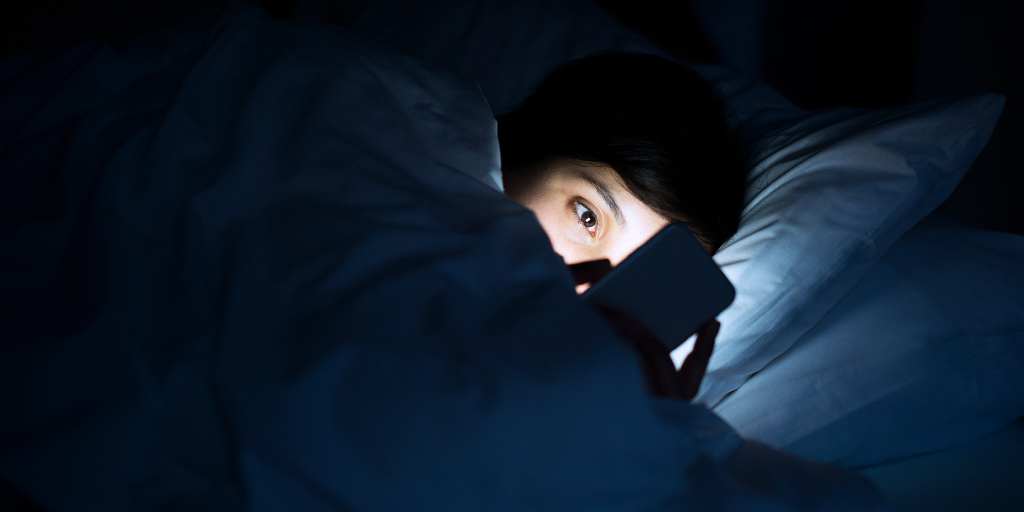
The internet might not be made for porn, but it’s certainly a prime breeding ground for it. This means parents should prepare themselves for the likely possibility their child will someday be caught with porn. (If you’re reading this, it’s probably already happened to you.) Before you freak out and attempt to burn down the internet, take a breath and read on for tips on how to talk to kids about porn.
There are many ways your child might come across porn. Their friends could send them videos, or they may stumble onto adult social media profiles. They could click on a link without realizing what it is, or find porn through a mix of natural curiosity and the power of Google.
Sexual curiosity and exploration are normal parts of childhood development. However, pornography presents a fake and distorted representation of sex, which can skew expectations for sexual relationships when they’re older.
Similarly, viewing porn can negatively impact the way kids think about bodies and sexuality (both theirs and their future partner). It’s also worth mentioning that porn is a popular avenue for scams and malware, so there are practical concerns as well.
So, if your child was caught with porn, don’t freak out — take action.
At this point, you may be thinking, “How do I not freak out? Because I’m definitely freaking out right now!” Here are some tips for starting the conversation, setting up safeguards, and monitoring your child going forward.
Most children will naturally feel some shame about watching inappropriate material, but shame around sex can be detrimental. Your goal should be setting boundaries for your child without making them feel bad about their actions.
Consider your family’s values. Identify which ones are compromised here and use that to frame the conversation with your child.
Here are a couple conversation-starters using values language:
You knew an article on kids watching porn wouldn't be complete without a reminder of the importance of discussing sex with your children. There are appropriate ways to discuss sex at any age, and experts recommend starting before your child can even talk. (Yes, you read that right.) If you haven’t already had “the Talk,” now’s the time to start.
In addition to talking to your child about what’s off-limits online, take the time to set up parental controls — features that limit your child’s ability to access certain websites and explict content. This should be done on devices, individual apps such as YouTube, and internet browsers.
A monitoring service can help keep an eye on your child’s internet use. BrightCanary uses advanced technology to scan your child’s online activity and alert you to any issues. If your child searches for inappropriate material or sends an explicit message, BrightCanary will let you know.
Ideally, parental controls are set up before your child starts using their devices on their own. It's not too late to add these settings after the fact, though. It's better to have some supervision in place than none at all. While these tools and settings don’t replace your involvement, they’re a great tool (and give you added peace-of-mind).
Let's face it: porn isn't going anywhere, and neither is your child's curiosity, even after you've had "the Talk" with them. Start a practice of regular check-ins where you sit down and look at things like their YouTube and browser histories with them. Make it clear it’s not a punishment, but a way for you to keep them safe.
The mere fact that your child viewed porn isn't necessarily alarming, but it can become problematic if porn use begins to affect your child’s emotional, physical, social, and academic health. Pornography can be associated with addictive behaviors — if you’re concerned about your child’s behavior, speak with a mental health professional.
Additionally, certain behaviors could suggest potential abuse. For example:
If you suspect your child is being abused, it’s important to investigate and consider involving legal or mental health professionals. StopItNow.org offers a free online help center that can connect you with additional information and guidance about next steps.
From porn websites to social media, pornography is an ever-present part of the internet. Parents should take proactive steps to talk to their children about porn, and use parental controls to limit the exposure they have online. If kids do encounter explicit material, it’s important to talk to have a conversation about it — and steer kids toward healthier ways to learn about important topics like sexuality, consent, and family values.